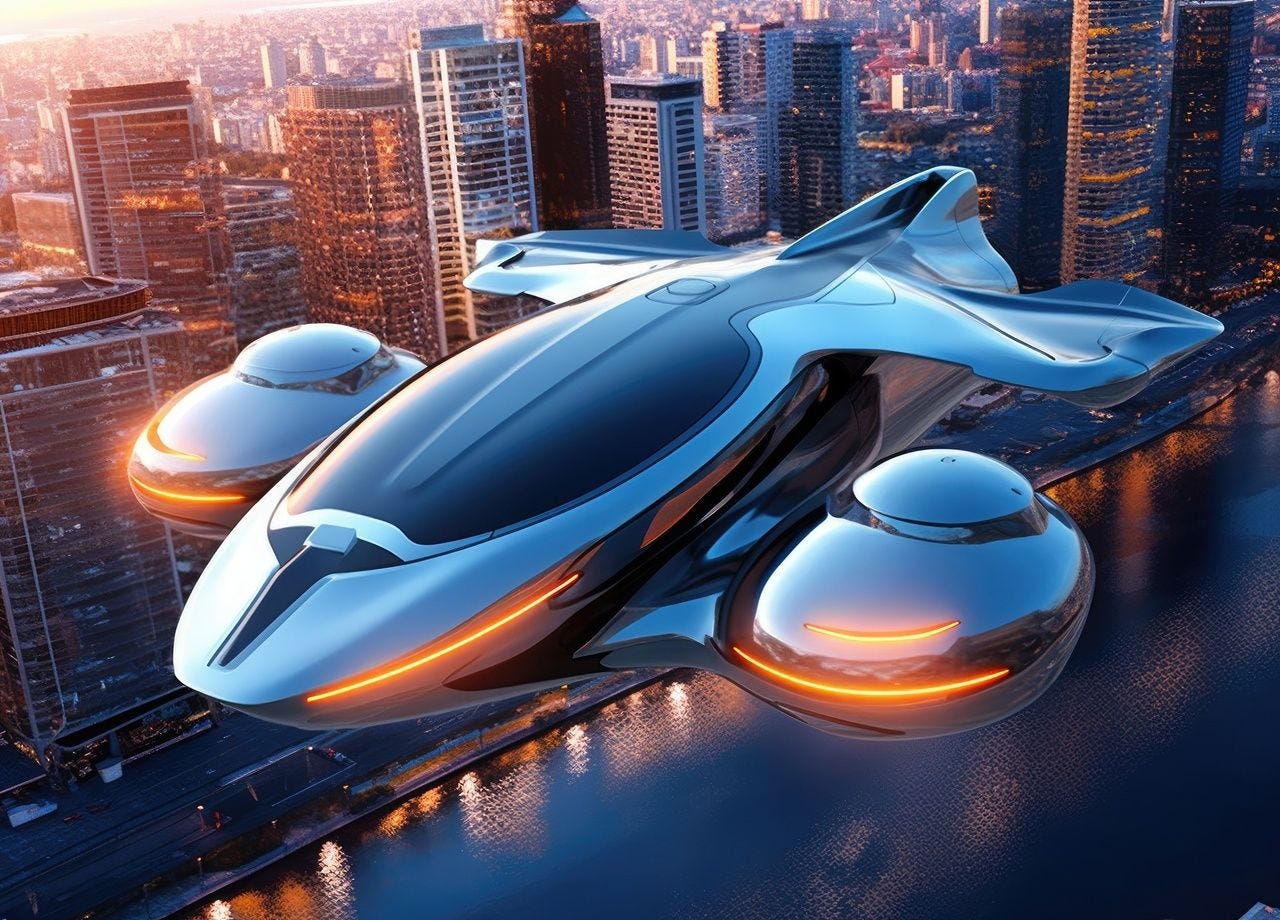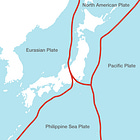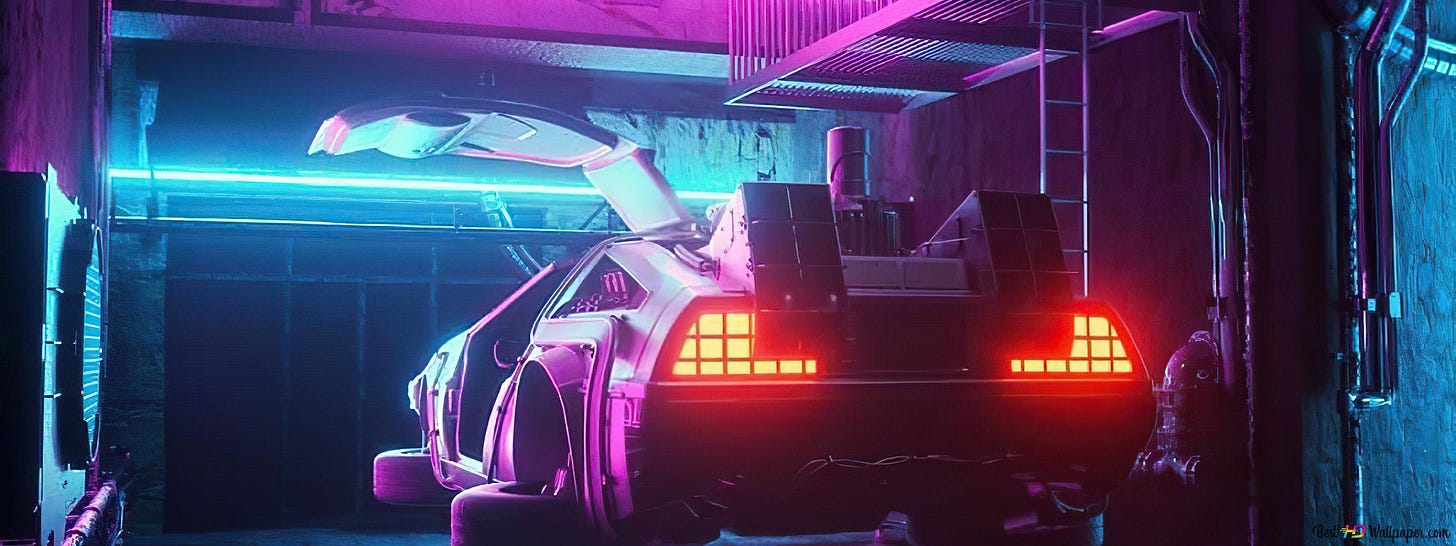I am sitting in a small Tokyo coffee shop, one of those tucked-away places you only find if you know where to look. They are so very few and far between now, as most of these places have long since been replaced by large chains like Starbucks and Tulleys. This particular coffee shop is one of the few places that hasn’t been swallowed by the towering, soulless skyscrapers of Tokyo. I’m reading a book called “Tokyo: The City at the End of the World” by Peter Popham (the key to this whole blog post and a book every Tokyite must read - free to read here) when an Australian man in his early 60s walks in. I have to say, he’s a pretty good looking dude. He’s wearing an Under Armour t-shirt that seems oddly familiar, even if he’s too old to be wearing it. There’s a twinkle in his eye that feels strangely personal. His gaze was piercing and for a moment I felt like he could see into the deepest parts of me. It made me very uncomfortable.
He walks up to me, places an envelope on my table, and says “Rionne, you’ll understand this better in time.” Before I can ask what he means, he’s gone, lost in the bustle of the Tokyo streets.
Inside the envelope is a handwritten letter written in my own handwriting, only older and a little shakier. The opening line?
"Dear Rionne, 20 years ago, you sat in this very cafe wondering what your future holds, and what the future of your adopted country Japan and your place in it, might look like."
I had just met a future version of myself who decided to bend the rules of time for one important message to his past self, the present me. In 2025, I don’t have all the answers, but what I do have is this letter which is a reflection on what happened in the year 2025 and the years that followed, written in 2045 by a version of me I have yet to become.
Dear Rionne, 20 years ago, you sat in this very cafe wondering what your future holds, and what the future of your adopted country Japan and your place in it, might look like. It's the year 2045. You, me, we are 63 years old. You have grandkids and your nieces and nephews in Australia and the UK also have their own kids. I’ve learned things I think you need to know now, but things you’ll understand more as time passes.
I’m still living in the same house in Tokyo in 2045 but the city of Tokyo around me feels almost unrecognizable. It’s not just the towering smart buildings or the quiet hum of autonomous cars gliding through the streets, it’s the energy, the soul or lack thereof, of Tokyo that feels so different from when I first arrived. We first realised this about 20 years ago.
We came to Japan in the year 2000, hard to think that was now 45 years ago. Time has flown by. We were a wide-eyed 19-year-old boy ready to embrace the unknown. We had dreams that were not to be squashed and come rain, hail, or shine, we were determined to make them come true. You are still wrestling every now and then but riddled with injuries and finding it hard to keep going in the ring. Why? Because we stopped placing health and exercise at the top of our priorities in 2025.
Sorry, I digress. Tokyo back in the 2000’s was electric. You remember of course because we both share identical memories although mine are a lot more faded now as I approach my 45th year here. Even though the country was grappling with the aftermath of the economic bubble bursting and a decades long slump that left many questioning the future, you wouldn’t have known it walking through Shibuya or Akihabara. The city had a buzz that was contagious. It wasn’t just neon lights and the latest tech (a facade that Japan keeps in the view of the worldwide eye) it was the people, the culture, the sense that something exciting could happen at any moment. And yes, in case you are wondering, people in Tokyo in 2045 still do use fax machines and government officials are still using their 3.5 inch floppy disks to transport highly sensitive information around. The yakuza still insist on fax machines in 2045 because it’s still the most secure way to send something to someone. In a world where their traditional control over the streets has waned, they’ve shifted into the digital realm by manipulating information, controlling virtual spaces, and operating in the shadows of the deep web. Criminals will always be criminals.
In 2025, I found myself telling people that the buzz had gone. Tokyo still moved at its relentless pace, but something was missing. Maybe it was the weight of years of slow economic recovery? Maybe it was the way people had retreated further into themselves, buried in their smartphones and their own struggles? The pandemic had left scars (and Abe’s ridiculously small face masks which people never wore but kept in their houses), and the cracks in Japanese society were no longer being able to be covered up. The pressures of Japanese perfection in 2025, the mental health crisis and the aging population were more visible than ever.
In 2045, Japan's aging population and declining birthrate, which were already critical 20 years ago, have reached a tipping point. Remember when we first heard that there were more deaths than births? I vaguely remember Prime Minister Kishida talking about this about 22 years ago? You’ll know more than me, it’s only two years in the past for you.
“Japan is on the brink of not being able to maintain social functions. In thinking of the sustainability and inclusiveness of our nation’s economy and society, we place child-rearing support as our most important policy. Japan simply cannot wait any longer.”
I think he forgot that as soon as he said it. Nobody followed up and 22 years later in my present day, we are in trouble. The workforce shrank dramatically and rural areas depopulated entirely. The strain on social security systems is now unbearable as Japan continues to bleed it’s younger generation dry from various taxes that were given back to the elderly, who also account for a substantial number of hospital patients. Fewer workers supported a growing number of retirees and efforts to boost immigration and birth rates failed. Everyday people were struggling and it wasn’t just single mothers or fathers, it was everyone from young people to the elderly, anyone who wasn’t in the 1% of affluent folk. That was a worldwide trend by 2025 (remember when Donald Trump became 47th president? Look at who attended his inauguration) and in 2045, every super nation in the world is ruled by Russian style oligarchs. The traditional cohesion of Japanese society eroded under the pressures of urbanization, aging communities, and increasing individualism.
Back to reality for moment. I wrote about these issues in previous substack posts.
And here too.
Now back to the letter.
Do you remember when you started filming “The Ones Left Behind” series (which by the way, we made 22 different documentaries on) and realised that Japan had this immaculate façade as a technologically advanced nation yet under the surface, it was a country dealing with so many societal issues. Reliance on outdated business practices and resistance to digital transformation left Japan lagging behind other nations in technological innovation and economic competitiveness. In 2045, automation (while helping to address labor shortages) has led to deepened income inequality as wealth concentrated in the hands of corporations and tech elites post COVID. The mental health crisis worsened too. While Japan's cultural traditions are still a source of pride in 2045, resistance to change stifled progress. A reluctance to challenge existing norms and institutions hindered reforms that could have revitalized the country.
You see, Rionne, we were telling people at all those talk events that we did when screening the single mother documentary, that the Japanese people were ready to talk. That the idea of “gaman” (holding it all inside) should not be a thing in 2025. In 2045, it’s FINALLY not an option. Things changed for the better and the Japanese are able to finally talk about their struggles, finally. It only took 20 years more than you and I had hoped.
Today in 2045, suicides amongst youth are triple the number they were in 2025 as societal issues went unaddressed. Japan never was good at public awareness campaigns to begin with and the stigma around mental health persisted, preventing many from seeking help. The pressures of academic and workplace success continued to weigh heavily and the youth got sucked even deeper into the online world as stress, depression, and loneliness hit full force. I fear for the youth of Japan in 2025, never mind in 2045.
Despite Japan's relative wealth, economic and social inequalities worsened. Single mothers, non-regular workers and immigrant communities faced systemic barriers that prevented any real meaningful change. Government initiatives to address these disparities fell short, leaving vulnerable populations behind. The Japanese education system failed to adapt to modern needs as the emphasis on memorization and high-pressure exams persisted, leaving students unequipped for a rapidly changing world. Creativity and critical thinking are still undervalued.
While Japan made strides in robotics and AI and also cured cancer (which they had been hell bent on doing in order to dominate the Nobel Prize winners list), over-reliance on these technologies led to a sense of alienation. Human interaction in Tokyo was already almost lost in 2025 but in 2045 it has became secondary to automated systems in education, healthcare, and everyday life. We walk around like mindless zombies connected to the internet 24-7. Children who were born in the pandemic grew up from the age of one being glued to their tablets, which you can now connect to your brain directly via a socket that is installed on the necks of every human on the planet. A 24 hour internet connection to your brain as AI took over. Books are now written entirely by AI now by the way. You used to chuckle that you’d sometimes read “personal” Substacks in 2025 that were clearly written by ChatGPT. In 2045, every single Substack is also written by AI. We quit our Substack a few years ago. The Japanese loved to think as a group together but now enjoy having machines tell them everything. As far as I can tell, in Australia it’s the same.
Japan's vulnerability to natural disasters, such as earthquakes, tsunamis, and typhoons, became more pronounced due to climate change. Rising sea levels and extreme weather events led to significant damage to infrastructure and more economic downturn. Poor planning and lack of investment in sustainable practices compounded these problems.
Real life note: Peter Popham’s book which I mentioned earlier talks a lot about this. I also wrote about natural disasters in Japan a while back.
Rionne, I am writing this letter to you however, with a sense of hope. As Japan navigated these crises, the nation also showed remarkable resilience. By 2045, younger generations began pushing for radical changes in governance, culture, and technology, drawing inspiration from the country's history of overcoming adversity and rebuilding.
Japan has rebuilt itself several times throughout its history. Why am I telling you this? You already know but I want to remind you that each time Japan rebuilt itself, it emerged stronger and more resilient. After the 1923 Great Kanto Earthquake, the destruction from World War II, the fall out from the economic miracle and the asset price bubble in the early 1990s that leads me to where we started - when we first came to Japan in 2000. Japan faced repeated cycles of destruction and incredible recovery, but stopped around the time we first arrived. I often wonder if this is why Japan became the country I know today in 2045? The Japanese are a people who need to work together, proof of their culture of resilience and determination.
It is a sobering time, especially for someone like me, who had always found inspiration in Tokyo’s vibrancy. By 2021, we had shifted our focus from wanting to be an action film director to telling stories about those who had been left behind and were struggling in society. Single mothers, struggling families, and, increasingly, young people who felt like tomorrow wasn’t worth waiting for. I remember wondering: if the Tokyo of 2025 felt this heavy, what would it look like in 2045? And now you know.
The point of this letter Rionne, is to tell you that the future hasn’t been written yet. That reminds me of a line from our favourite movies Back To The Future:
“Your future hasn’t been written yet. No one’s has! Your future is whatever you make it. So make it a good one!” - Dr. Emmett L Brown
Now, here I am, 63 years old, living in that future I once tried to imagine. Is it all bad news? No. But I fear that things could have been better. As I reflect on these 45 years of living in Japan, I see a nation that has always been about contrasts: beauty and pain, progress and tradition, silence and expression. It’s not the same Japan we found as a 19-year-old, but it’s still a place of immense potential. I just wish it had realised it 20 years earlier.
Here’s to what comes next.
Yours truly,
Rionne McAvoy - Director, “The Ones Left Behind: The Plight of Cats and Dogs in Japan”








